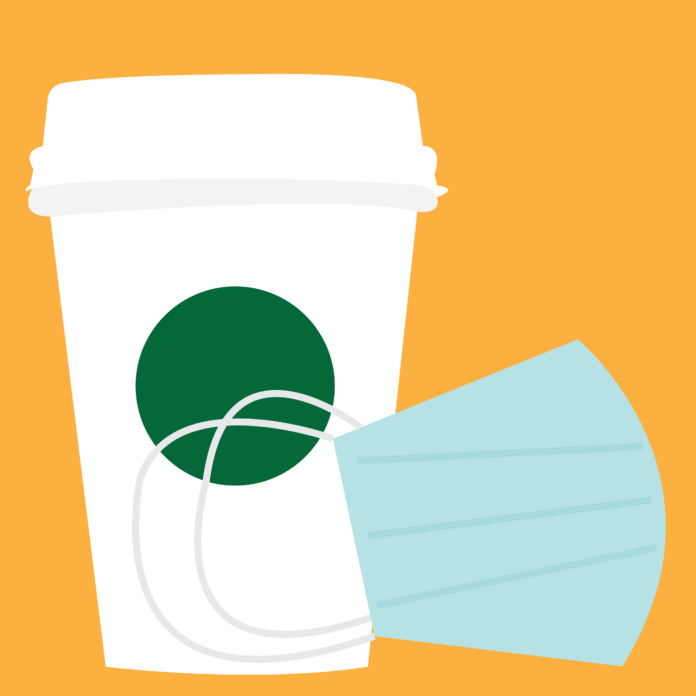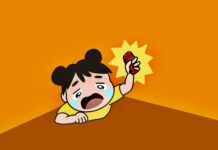With the first world-wide plague of the 21st century seemingly under control and everything slowly going back to “normal,” this is a great time to look back on our collective trauma over the last couple of years and reflect on some of the lessons we can all draw from these experiences.
- Self-checkout is the bomb
While ever-increasing labour force displacement is most certainly a horrible thing in the grand scheme of things, I have to admit that self-checkout has made the grocery shopping experience much less anxiety-inducing. Now I can buy my tub of coconut oil and several cucumbers without being silently judged by a random stranger on my way out. - Masks are a super fashionable way to defend yourself from the AI surveillance deep state
Giving the concept of security theatre a greater stranglehold on society at large isn’t something I’m particularly fond of, but the specific implementation of masks has yielded several upsides. Now you can subvert AI surveillance programs, slowly but surely spreading themselves across the world like a disease in and of themselves, while also looking fly as hell with your polka dot mask. - Your addictions are more essential than your most basic needs.
Whether it’s a cup of Starbucks or a can of Molson, getting a dose of your poison of choice was relatively simple so long as you didn’t mind paying for delivery services. But buying warm clothing in the dead of winter? Definitely not essential. Let’s hope those few unfortunate souls enjoyed Christmas freezing to death on the street. - Capitalism has reached the point where not working is more profitable than working
Losing your job is a terrible feeling, especially as a result of extraneous circumstances completely outside of your control. The strange thing many at the very bottom of the economic ladder experienced, however, was that their income was higher when unemployed than when they were working. It’s almost as if corporations are only out to exploit their employees for profit and government-run social assistance programs are actually effective at helping people stay afloat. Funny how that works. - A single thank you is worth more than a million dollars. Literally. Kind of in a similar vein as our last lesson, but this time aimed at higher rungs of the economic ladder, even touching what many would consider well-respected professions. Whether you’re a retail worker at a grocery chain, a nurse practitioner at a local clinic or a laboratory technician at a major hospital, those of you who stood on the frontlines are most aware of the true cost of the pandemic to society. And conversely, society’s response is clear as day — we’ll write cards, paint art and write articles calling you all “heroes” in our most dire circumstances, but you will not get a single cent more, nor a single moment of respite. Because in the war against disease, the frontline will always be the first sacrifice.



































